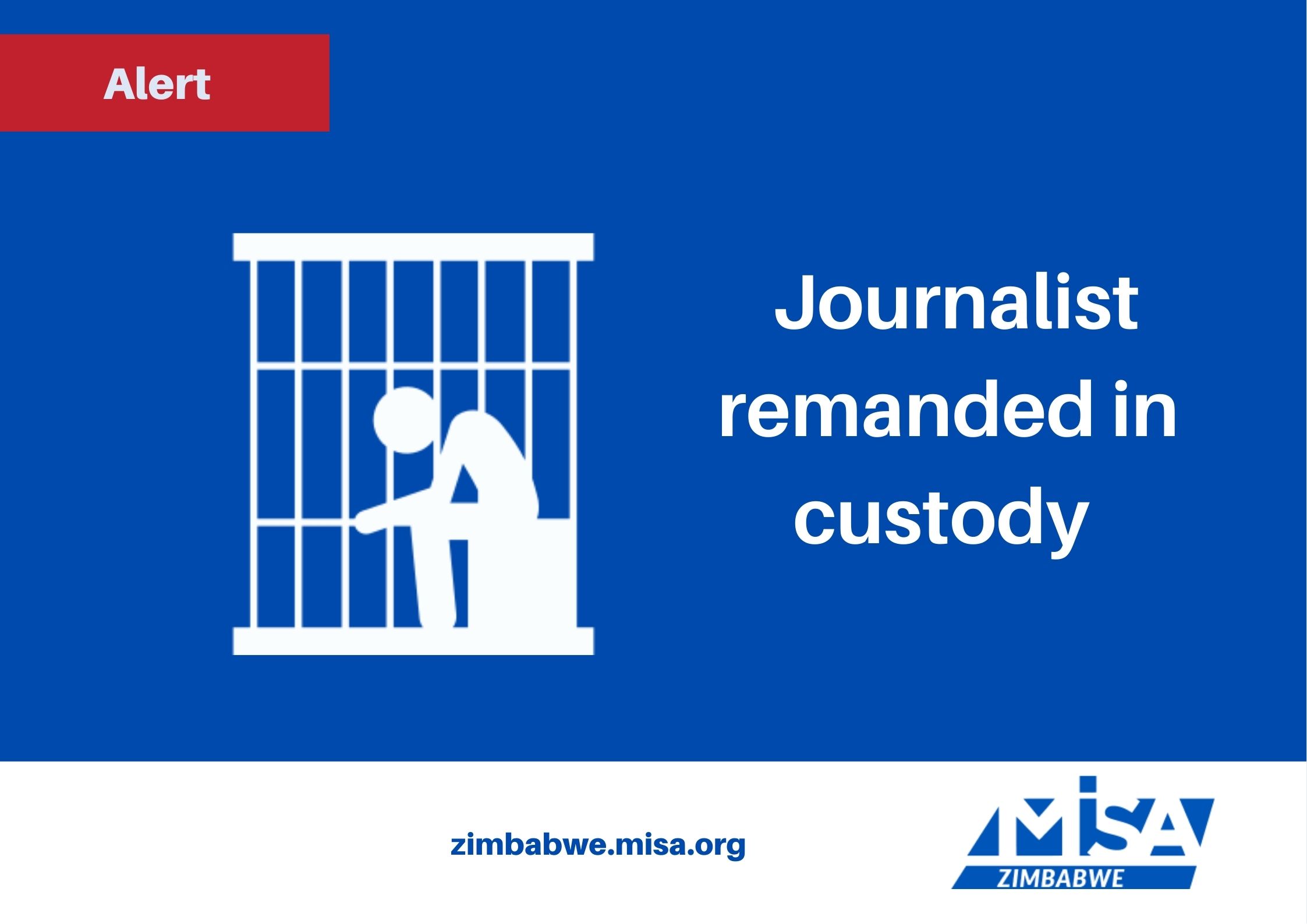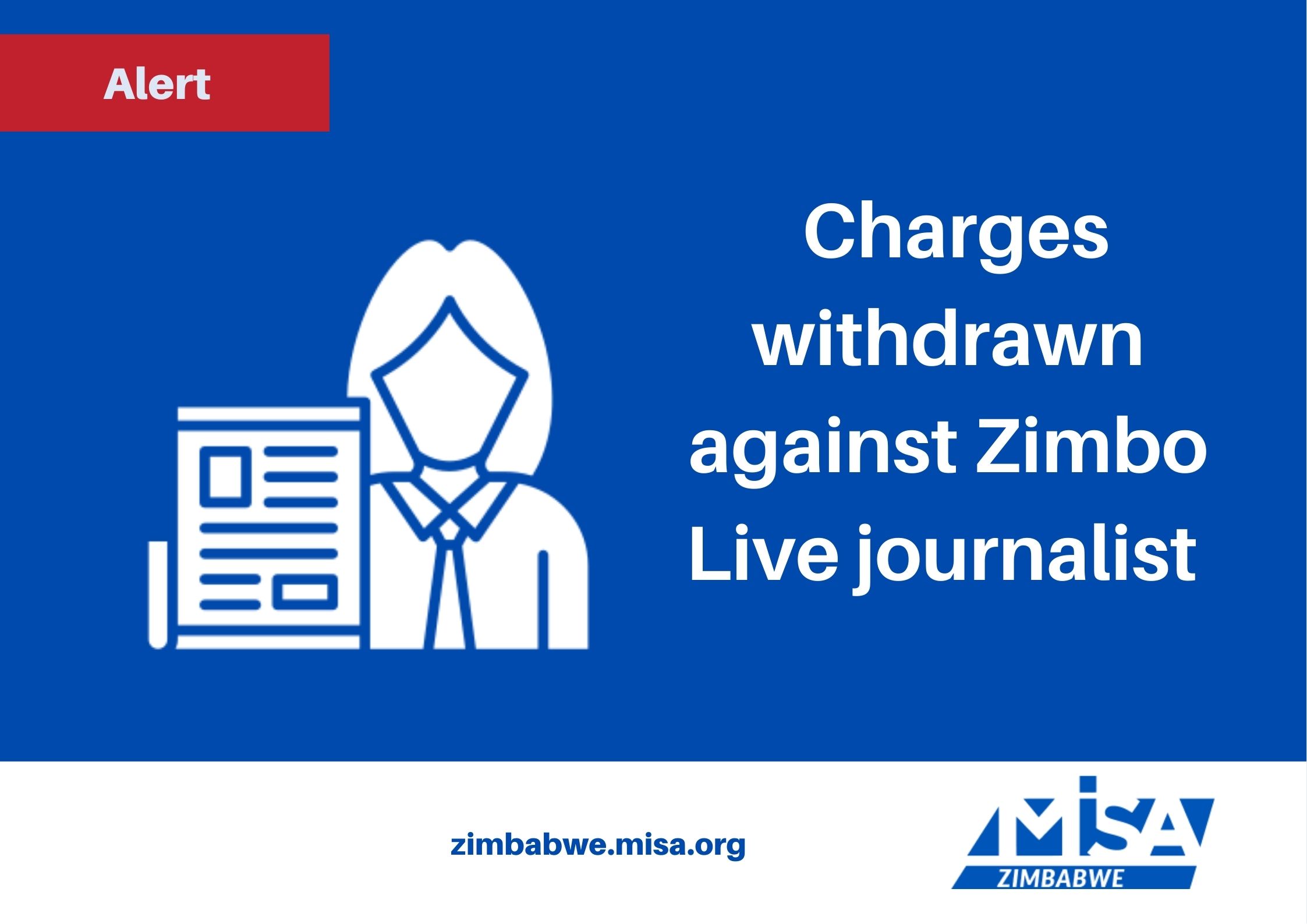MISA Regional Director Dr Tabani Moyo has called for strengthening South-South cooperation and deepening the pan-African perspective to resist the commodification of the information sphere, which undermines the essence of information as a public good and damages information integrity.
Speaking virtually at the Global Social Progress Week on 28 October 2025, Dr Moyo said:
“While information is essential for social progress, current digital and AI-driven information ecosystems undermine this goal by prioritising profit, manipulation, and extraction over truth, transparency, and public interest.
“The rise of global tech platforms and generative AI has intensified the commodification of data and information, undermining both integrity and access.
“These technologies amplify disinformation, bias, and content that manipulates users<attention while marginalising trustworthy information behind paywalls.”
He lamented the fragmented approach by the African society in addressing the erosion of the public good and information integrity caused by global corporate actors and governments, respectively.
Dr Moyo urged the consolidation of voices and the upscaling of unity of purpose by re-purposing the African Union as an active player in setting norms and practices in the digital economy.
“In terms of long-term strategies to the quest to mitigate the dominance of the tech platforms, I submit that the African Union is repositioned and repurposed to be fit for the digital economy for the African society and set the normative governance standards for the member states that position information as a public good and its integrity in the age of poly-crises.
“This will push back the commodification of the very same public good upon which our daily decisions should be predicated.”
He said there is need to adopt a fair and balanced perspective by recognising that the frameworks and perspectives of the global north do not fairly represent the majority of the world’s peoples.
“This emphasises the significance of AI development that honours indigenous knowledge systems and frameworks, making them practical and fit for purpose to promote the interests of the larger part of humanity,” submitted Dr Moyo.
He highlighted that:
- Authoritarian governmentsweaponise digital technologies and tools for controlling information (e.g. through censorship, surveillance, “fake news” laws) to suppress dissent, shape narratives, and restrict access to credible information.
- Big Tech platformsuse opaque algorithms and exploitative data practices to maximise engagement and profit, turning information into a commodity and prioritising virality over accuracy.
Both actors (authoritarian governments and big tech platforms) effectively dominate visibility and narrative space, undermining pluralism, independent journalism, and democratic discourse.
This fosters an environment where information integrity and public trust deteriorate, leaving citizens either misinformed or excluded from meaningful participation, he said.
Dr Moyo was contributing to the session on: Information as a Public Good in the Age of AI and Its Role in Social Progress, in addressing the evolving relationship between information, artificial intelligence, and societal development.
He was joined by esteemed panellists Stephen Coupland, Professor Divina Frau-Meigs, Professor Alison Gillwald, Ana Cristina Ruelas and Professor Markus Krebsz. Dr. Christophe Gauthier and Professor. Guy Berger moderated the discussion.
The session generated valuable insights into the ethical and social dimensions of AI and information governance, shaping the global dialogue on progress in the digital age.
The meeting was organised by the International Panel for Social Progress (IPSP).
MISA Regional Communique













